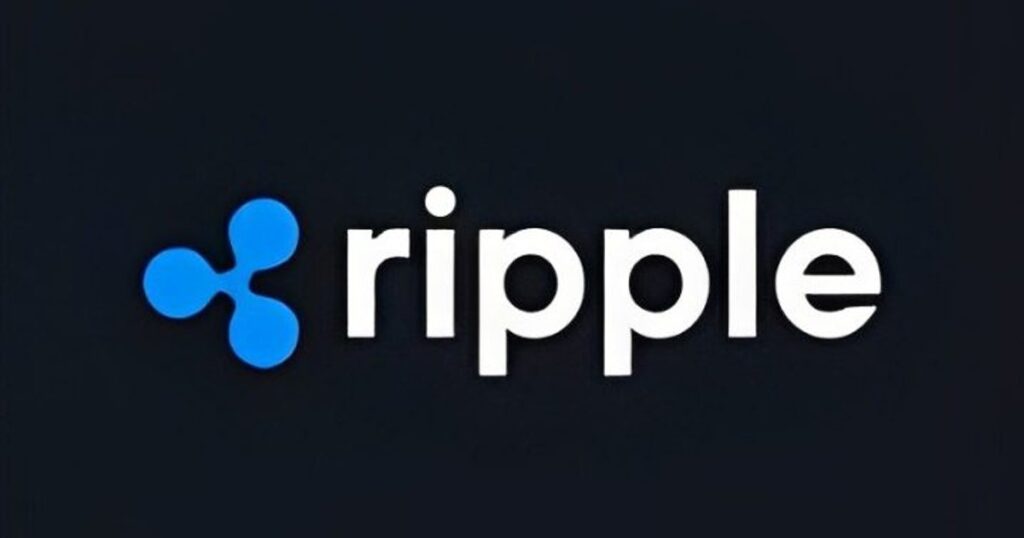Blockchain technology is gaining ground in the fintech sector, with cross-border payments becoming a key application.
Ripple, a digital asset infrastructure provider for financial institutions, explores Ripple Payments in its latest report, a blockchain-based solution designed to address the challenges of international transactions.
The global payments landscape is evolving rapidly, with growing demand for instant cross-border services. However, many providers struggle to streamline their offerings due to the fragmented nature of the correspondent banking system.
Blockchain infrastructure for cross-border payments
Ripple Payments leverages blockchain technology to enable the settlement of international transactions in near real-time. The system is based on partnerships developed over a decade, making it possible to reduce counterparties in the payment flow and potentially reduce costs.
Brad Garlinghouse, CEO of Ripple, says: “Blockchain is gaining traction across myriad industries, but cross-border payments are the technology’s deadliest use case. Businesses are hungry for global payments that enable instant settlement, and blockchain can make this a reality.
The solution aims to provide 24/7 access to cross-border payments, including public holidays and weekends. This continuous availability could be an important differentiator in the financial services industry, where traditional bank hours often limit transaction times.
Ripple Payments uses XRP Ledger and its native digital asset, XRP, which was developed to facilitate fast, low-cost, and scalable transactions. This infrastructure underpins the company’s offerings in payment, custody and stablecoin solutions.
Market Expansion and Competitive Advantage
For fintech companies looking to expand their global presence, establishing payment channels in foreign markets can be resource-intensive. Ripple Payments offers a single API integration, potentially reducing the time and capital required for market entry.
The system provides access to local payment channels in over 80 markets, with pre-negotiated rates for currency conversions. This feature could allow fintechs to offer competitive prices to their customers while supporting their own bottom lines.
Marcus Treacher, Senior Vice President of Customer Success at Ripple, explains: “With Ripple Payments, fintechs can connect to a global payments network and expand their market presence using a single API. This eliminates the burden of investing time, capital and other resources in managing and opening overseas accounts.
The solution also aims to unlock capital trapped in pre-funded bank accounts, potentially freeing up working capital for fintechs to invest in other areas of their business.

